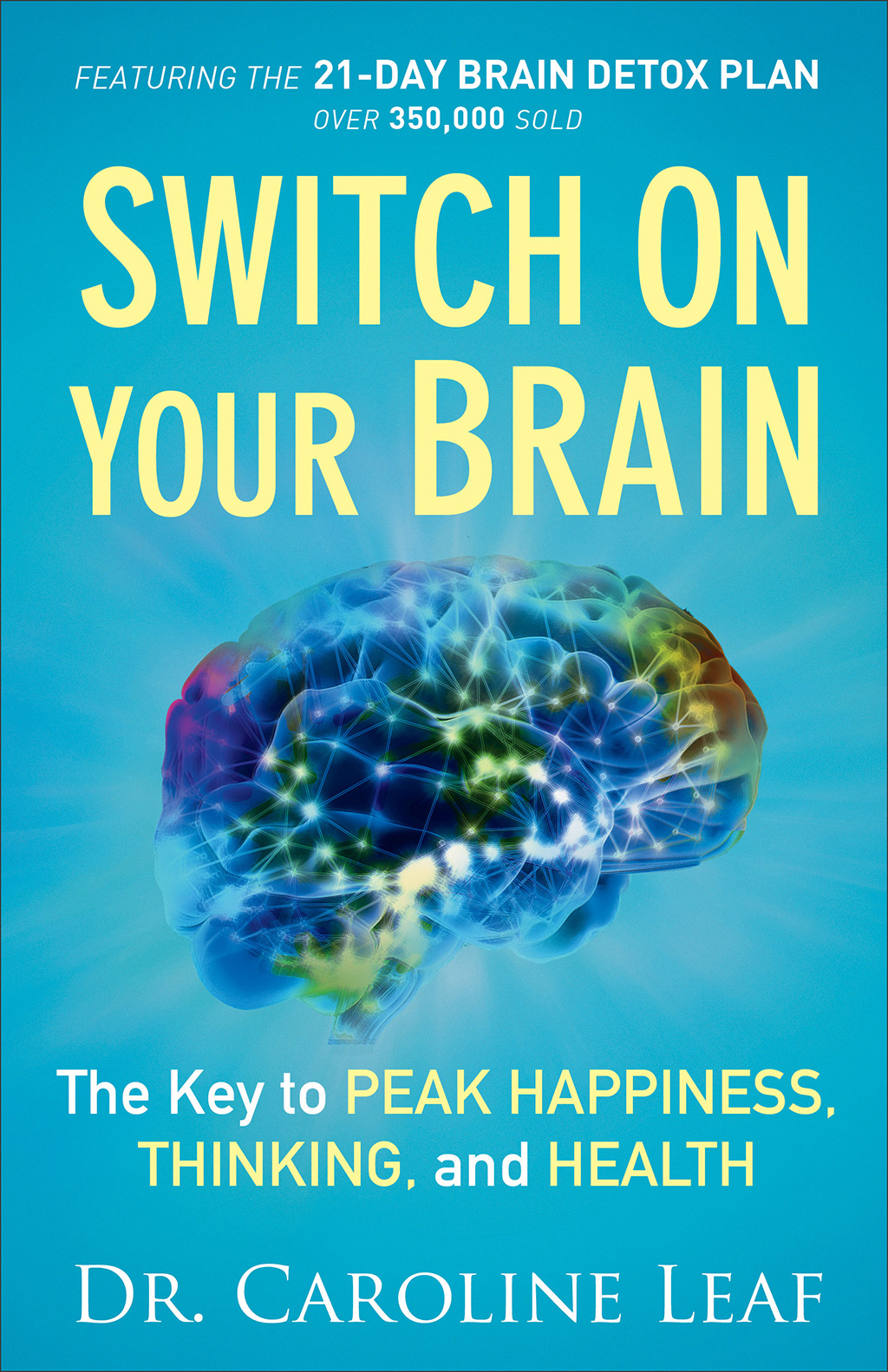
causes a degree of
brain damage.”
Deep, Focused Thought Is Better
As a communication pathologist in the cognitive neuroscience field, I have repeatedly seen the benefits of focused thinking and disciplined concentration. When we think deeply, our brain responds with healthy patterns, circuits, and neurochemicals. Scientists have found that deep thinking activates the prefrontal cortex (the part of your brain that’s just above your eyebrows) in a positive way. It increases concentration, reduces distraction, and decreases emotional volatility.
Scientists have also found that this type of thinking improves connections throughout nerve networks in the brain. It also increases gyrification (or more folds in the cortex of the brain). These extra folds allow the brain to process information faster, make decisions quicker, and improve memory. Studies show that the more you apply a deep thought pattern in your brain, the more you will improve the physical structure of your brain.
My Research
In my research about patients with traumatic brain injuries and people with learning and emotional disabilities, I was astounded at the change in their thinking and emotions after they applied a deeper thought pattern. The results were so compelling that I abandoned all traditional therapy; trained them in a new, deepthinking- focused technique; and showed them how to apply it to their daily lives.
The changes were almost immediate: improved focus, concentration, understanding, efficiency, and overall effectiveness in producing quality work. There were even positive emotional changes, especially in self-motivation and self-esteem. These positive results multiplied as patients continued to apply these healthier thinking patterns.
Give This a Try
The evidence clearly indicates that it’s time to stop the multi-tasking madness. But is it really possible in today’s fast-paced world? To stop multi-tasking, you must commit to taking a few key steps:
1. Become fully aware of all your thoughts, and halt rogue thinking. If you are focusing on a task, and you find your mind wandering to something else (or worse, into the negativity of “This is too hard!”), awareness is the first step in returning to focus. Make an intentional choice to block unrelated or unhelpful thoughts, and return to the task at hand.
2. Strengthen your ability to focus by practicing reflection. Spend time each day intentionally focusing on one thing, like a Bible passage (without wondering what you’ll make for dinner). Practice your ability to block internal and external distractions.
3. Stop trying to do more than one thing at once. If you are having a conversation with a friend, resist the urge to read every text message you receive. Instead of watching TV and answering emails, choose one activity or the other to avoid switching your attention back and forth.
Determination Is Key
One of my patients was left with extreme brain damage after being in a car accident when she was a junior in high school. Doctors told her parents that she would remain a "vegetable." Fortunately, she and her family chose not to listen. Instead, they focused on what she wanted for her life. She was determined to correct her disabilities.
Consequently, this young lady focused on where she wanted to be, and she strove to reach her goals. The benefits were evident: not only did she catch up with her peer group, she also went on to complete her senior year and further her studies after high school. Focused thinking may be difficult to achieve, but with the secret ingredient of determination, it’s possible — and the benefits can be life-changing. ![]()
PHOTOS: shutterstock.com








